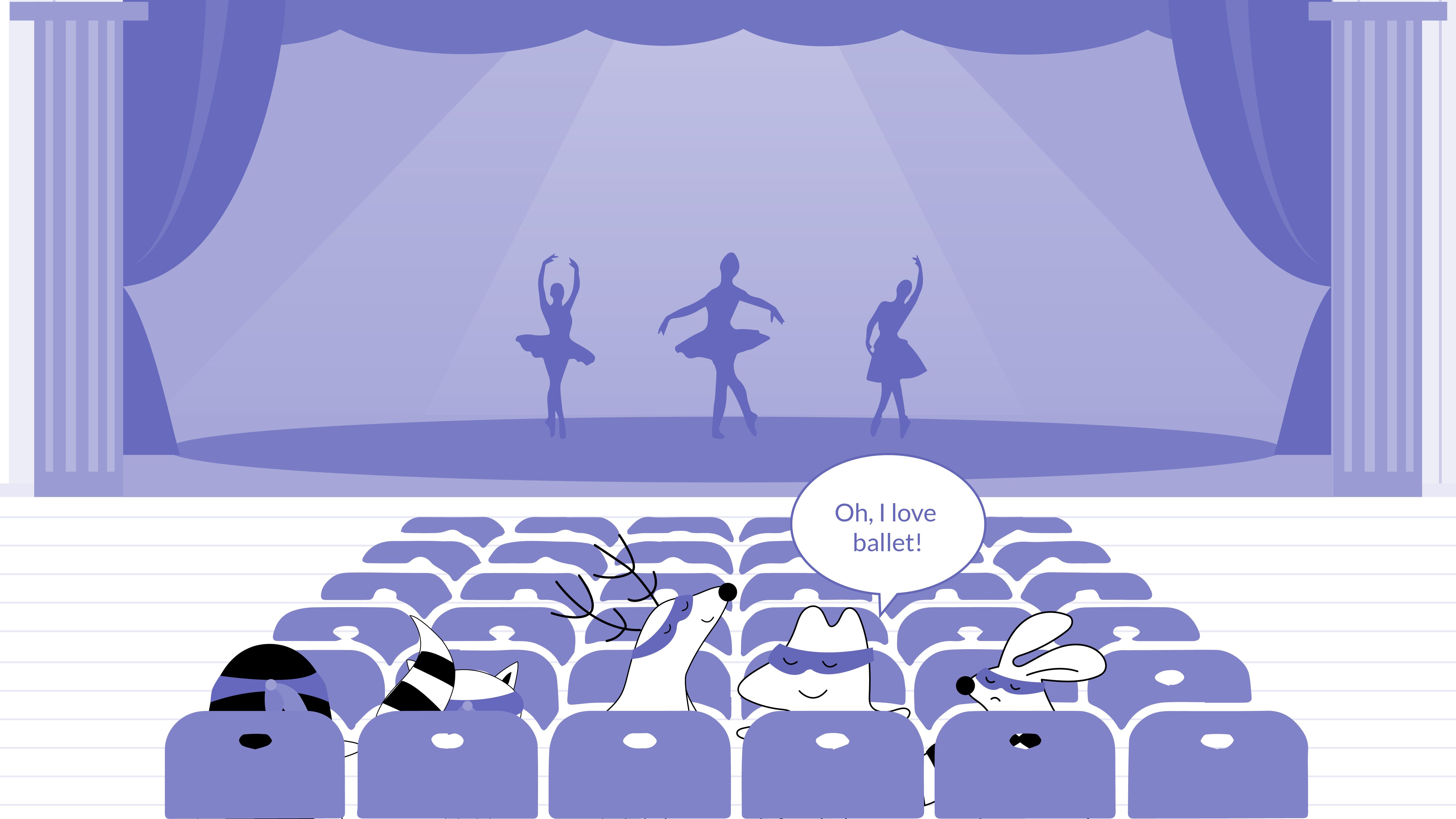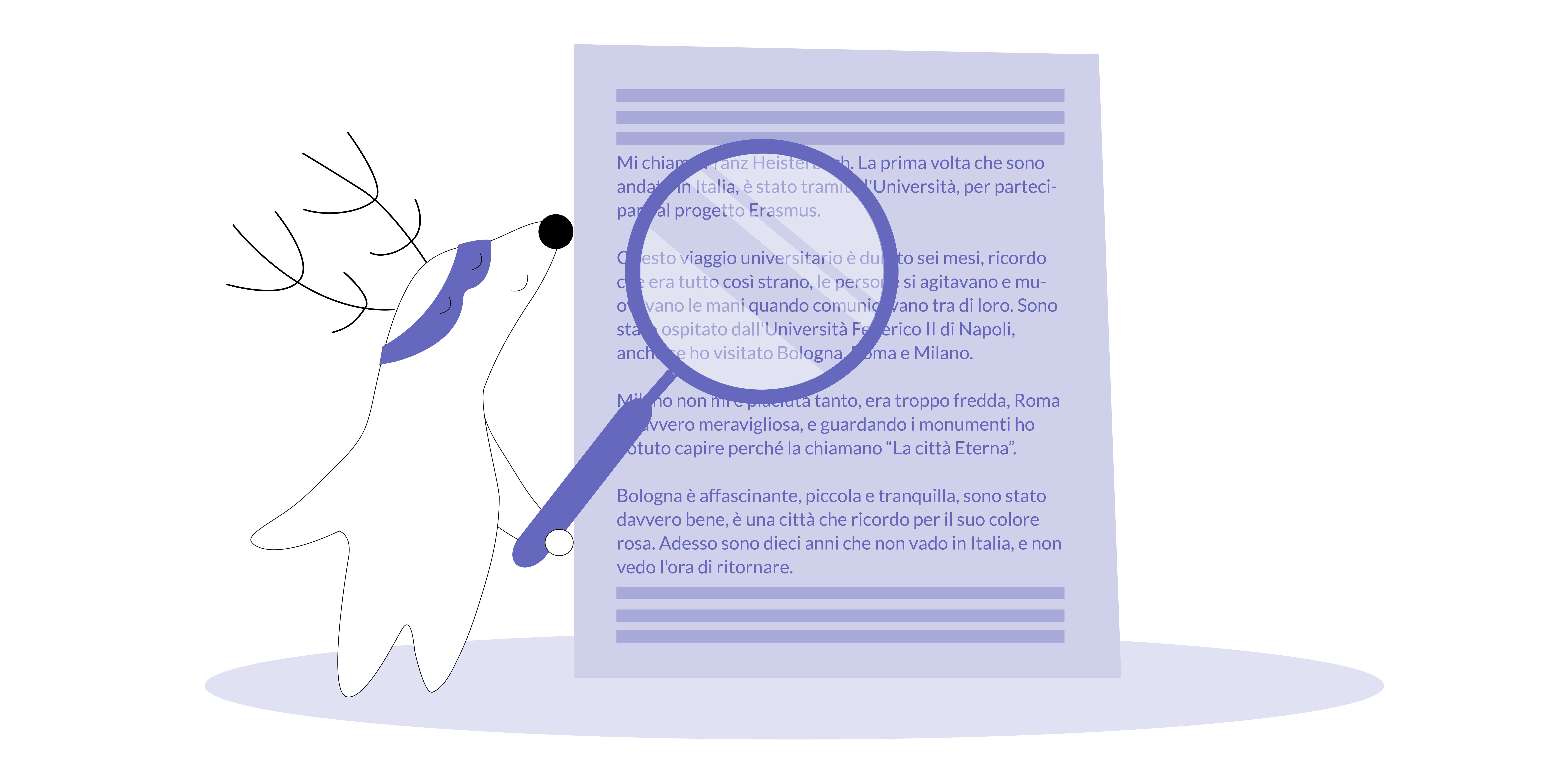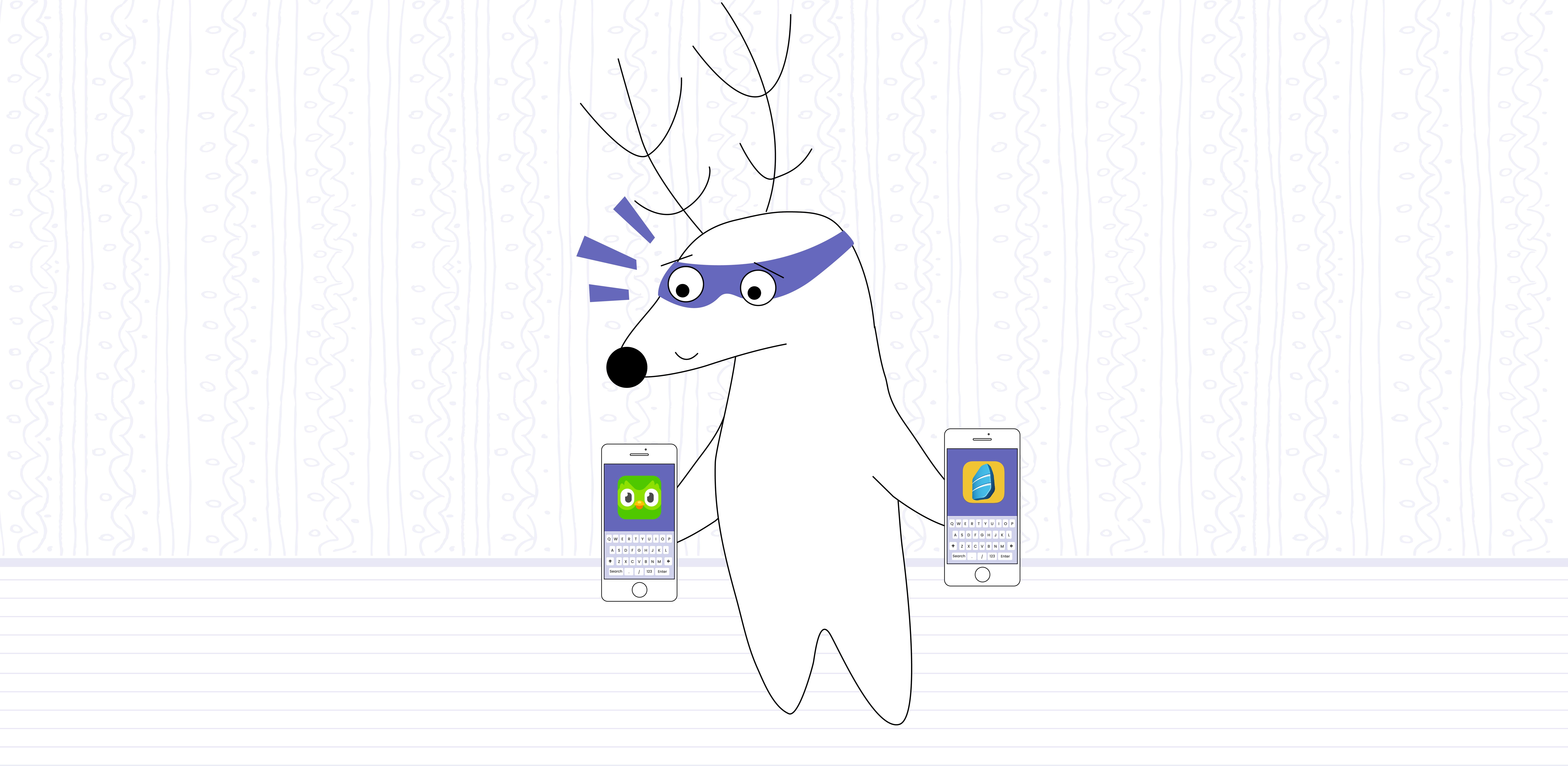
The English language is a rich and diverse tapestry of words, many of which have their origins in French. From everyday items such as furniture pieces to more technical terms like cuisine or ballet, the influence of French on modern English vocabulary is undeniable.
But, how did so many French words come to be so entrenched in our daily vernacular?
In the article below, we will explore the history behind the influx of French-derived words into English and take a look at how they continue to shape our language today. Keep reading and learn how many English and French words go hand in hand!
Learn English with Langster
A Deep Dive into History
The story of French and English words dates back centuries to the Norman Conquest and continues up to this day. Let’s have a closer look at how it all began and kept evolving ever since:
The Invading French
In 1066, William the Conqueror of Normandy led his forces into England and assumed control of the country. Soon thereafter, French became the language of the ruling classes, while English remained spoken by the common people.
This period saw a dramatic influx of French vocabulary into English as the nobility and the wealthy sought to differentiate themselves from their subjects. The French influence extended beyond just words, however; entire systems and customs were imported as well.
For instance, the French legal system was adopted, along with its attendant terminology, including words like jury and court. The French language also gave English some of its most common terms related to the military – army, cavalry, and lance are all borrowed from French.
The Renaissance
The Renaissance period saw a further flowering of French-influenced language in English. Poets and playwrights of the period began writing in a more ornate style, making use of longer words with Latin and French origins.
For instance, it is believed that the vast majority of William Shakespeare's vocabulary comes from French, adding renowned flair and uniqueness to the author’s writing style. Moreover, much of the grammar and syntax of Shakespeare's language comes from French.
Many common terms such as cuisine, ballet, and rendezvous all date back to this period.
The influence of French in English has ebbed and flowed over the centuries, with borrowings continuing right up to modern times. Words such as entrepreneur and bourgeois have been added more recently, while new concepts such as laissez-faire are being used in contemporary discourse.

The Impact of Modern French on English Today
Modern English is a vibrant mix of many different languages, with the influence of French being particularly strong, although it is much more subtle now than it was during the Norman Conquest.
From the mundane to the technical, and from the professional to the personal, countless words we use every day have their origins in French. Far from being just an archaic relic, its presence is felt in all aspects of our modern lives.
This influence is especially evident in fields such as law and business, where many technical terms are derived from French. However, there are still a plethora of everyday terms that have their roots in French – ordinary words like table, chair, plate, and glass are all French words that have become an integral part of English vocabulary.
Furthermore, many terms related to painting, music, theater, fashion, and cooking can be traced back to French words. Even sports terminology, such as volleyball and soccer, can be attributed to French origins.
The French language has been intertwined with English for centuries, and its influence is still felt today. The future of English and French may be uncertain, but one thing is clear: there will always be a special place reserved in English for its oldest and dearest friend – French.
While English speakers may not be aware of how many words of French origin they use on a day-to-day basis, the influence of this language can still be seen in our way of speaking. It has become an integral part of the fabric of our language, a reminder that there is often more to a word than meets the eye.
Whether you’re on a business trip or enjoying a meal out with friends, it’s likely that you are using French-derived words without even knowing it. This pervasive influence of French on English is a testament to the legacy this language has left on our culture and the way we communicate today.

French Origin Words: Examples
With its long and rich history, the English language has adopted many French words over the years, forming a complex and interesting story behind our everyday vocabulary. Let's have a look at some of the most common English words of French origin, along with their initial meanings and examples of use:
Able
Able, originally the Old French word habile, is an adjective meaning having the power, skill, or means necessary to do something.
- She was able to solve the puzzle in record time.
Advice
Advice stems from the French avis and means an opinion offered as a suggestion. The French word avis, in its turn, has evolved from the French phrase “Ce m'est à vis,” which literally translates to “It seems to me.”
- I offer this advice – don’t give up.
Ambulance
Even though modern-day hospital vehicles called ambulances could indicate that the word is relatively new, it actually dates back to the early 19th century. The French phrase hôpital ambulant was initially used to refer to mobile, horse-drawn field hospitals.
- The ambulance was at the scene within minutes.
Ballet
Ballet is a 17th-century French word in origin, even though this unique form of dance originated in Italy as far back as the 1400s. It initially derived from the Italian words balletto and ballo, dating back to the late Latin word ballare, i.e., “to dance.”
- She has been learning ballet since she was four.

Budget
Budget is a French word derived from the Old French word bougette, diminutive of bouge – leather bag. Today, we use this term to estimate income and spending for a set period of time.
- I created a budget for the upcoming month.
Cable
The Middle English term cabel and Old French word cable both come from the late Latin term capulum, meaning rope or halter.
- Make sure you use a heavy-duty cable when connecting your computer.
Camouflage
The word camouflage is derived from the French verb camoufler, meaning to disguise or hide. This was originally thieves' slang.
Its other form – the word camouglet – means “whiff of smoke in the face.”
- The soldiers used camouflage to blend in with their environment.
Cuisine
The French word for kitchen is cuisine, which eventually became a term describing a style of a cooking characteristic of a particular country or region.
- This restaurant offers a wide variety of cuisines.
By the way, the word restaurant is also of French origin, coming from the word restaurer, which means to “provide food for” – literally, restore to a former state.
Habit
The word habit comes from the French abit, habit, meaning appearance, dress, attire. It was brought over to Middle English around the 13th century and has since evolved to mean a regular physical or mental condition, practice, or behavior.
- She's trying to break her bad habits.
Honesty
The word honesty in the meaning of "moral purity, uprightness, virtue, justness" comes from the modern French word honnêteté, which in turn derives from the Old French term honesté, although in English, this word originally had more to do with honor than being honest.
- He was known for his honesty and integrity.
Rendezvous
Rendezvous comes from the old French phrase rendez-vous! meaning “present yourself,” imperative of se rendre.
Now, it’s used to refer to a gathering of people in one place at a prearranged time – and, even more commonly, as a fancy name for a date.
- We had arranged a rendezvous for the evening.
Utensil
The French word utensile dates back to the medieval Latin word utensils, neuter of Latin utensilis, which means “usable,” – from uti, meaning “to use.” In English, it refers to any implement that is used for a specific purpose in the kitchen.
- Be sure to use non-stick utensils when cooking.
It’s rather fascinating how many words English has adopted from French over the centuries, shaping English as we know it today. The influence of this language is something that still lingers in the English language today, bearing witness to a shared cultural heritage.
The Bottom Line

The English language is full of words that have their roots in French, and this has been the case for centuries. From everyday terms to more technical ones, there are many examples of how French has influenced today’s English vocabulary. Whether you realize it or not, chances are you use some form of French every day!
This shared cultural heritage between France and England is one worth exploring further, so why don't you challenge yourself to learn a few new words with your next Langster story? Who knows – perhaps they'll become part of our daily vocabulary, too, someday soon!









